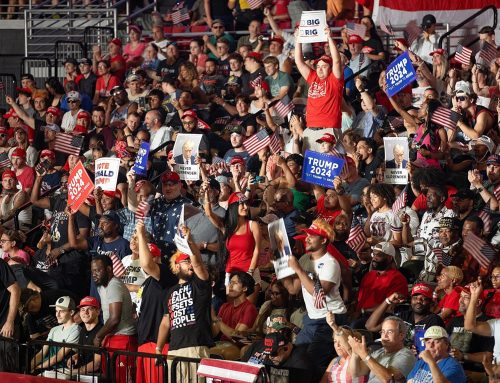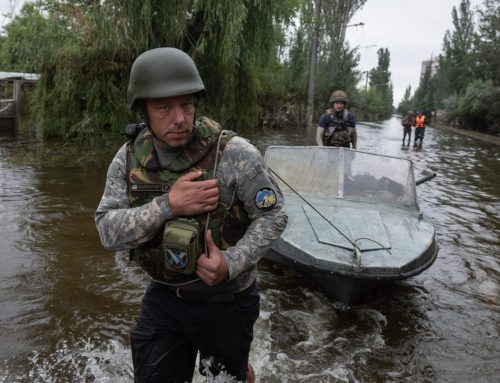Last week, Russian state media coverage of the U.S. Supreme Court vacancy largely mirrored domestic U.S. media coverage, emphasizing the contentiousness of the nomination process ahead of the November election. A small amount of content suggested that Justice Ginsburg’s passing and the nomination battle would have apocalyptic implications for the state of U.S. democracy, with Sputnik prophesying that it would be “the final nail in the coffin of American democracy.” While Russian state media outputs related to the Republican-led Senate report on Joe Biden’s son’s position with Ukrainian energy company Burisma were fairly limited, they criticized the mainstream media’s lack of interest and emphasized the idea that corruption was involved, even if the report concluded the impact on U.S. policy in Ukraine was “unclear.” Perhaps recognizing that the nomination of Russian President Vladimir Putin for the 2021 Nobel Peace Prize is unlikely to receive massive global support, state media reporting of this development stuck to the basic factual announcement and Kremlin spokesman Dmitry Peskov’s statement that it would not be a problem if the nomination was unsuccessful. Chinese diplomats last week were focused on Xi Jinping’s speech delivered virtually for the UN General Assembly on September 22. As a result, most of the coverage of non-UN speech topics came from state media, including a series of provocative tweets threatening war with Taiwan if it violates China’s Anti-Secession law and disparaging Time Magazine’s selection of Taiwanese President Tsai Ing-Wen to its 100 most influential list. There was also a chorus of angry reactions to Washington’s moves to ban Chinese social media aps, a topic discussed in more detail in this week’s blog post. Finally, state media did not mention protests in Inner Mongolia against requirements to replace Mongolian-language textbooks with Mandarin Chinese ones, choosing instead to promote the ecological and cultural heritage of Inner Mongolia. On the 40th anniversary of the start of the Iran-Iraq war, Iranian diplomats and state media last week focused much of their attention on Iraqi-related themes, as evidenced by the fact that Iraq was the third most mentioned country by Iranian social media accounts, finally unseating Israel, the U.A.E., and Bahrain. Iranian narratives around Iraq tried to frame Iran as a protector of the Iraqi and Kuwaiti people, and an enemy of their true enemies, namely Saddam Hussein, ISIS, and the United States. This narrative was put forth by some of the regime’s most senior leaders, including President Rouhani and Foreign Minister Zarif. Zarif also continued to attack President Trump and Secretary of State Pompeo by name last week, focusing in particular on perceived hypocrisy surrounding U.S. efforts to reestablish sanctions on Iran despite its own withdrawal from the JCPoA.
The views expressed in GMF publications and commentary are the views of the author alone.








